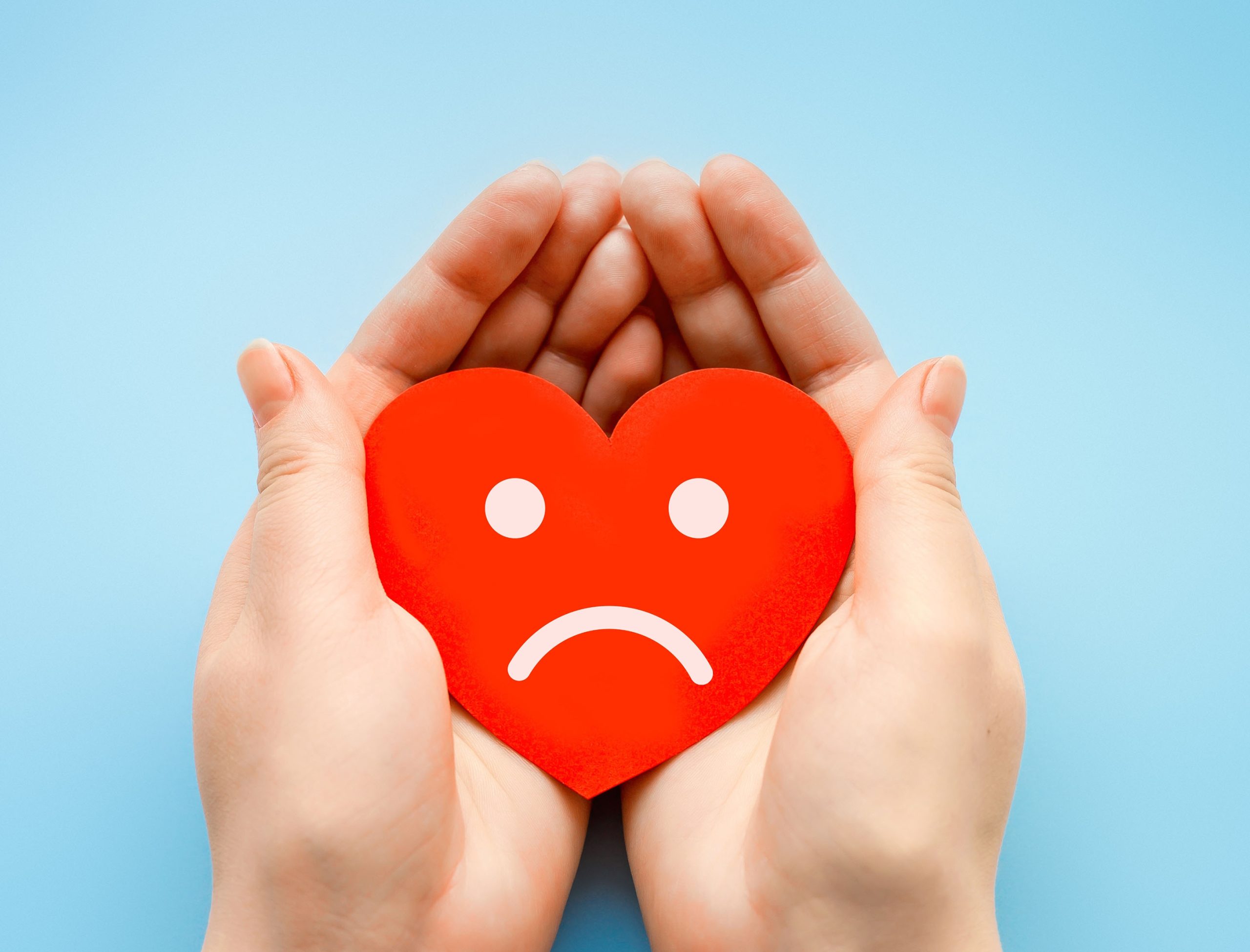What you need to know about Post Heart Attack Depression.
An American Heart Association Science Advisory panel recently suggested screening patients who have experienced a heart attack for signs of depression in order to identify individuals who might benefit from additional evaluation and treatment, citing the substantial evidence that depression not only causes misery but is also linked to a worse prognosis following a heart attack. Depression (feeling sad, “down,” unhappy, or dissatisfied) and a significant loss of interest or enjoyment in activities that one typically enjoys are key indicators of major depressive disorder, according to the Diagnostic and Statistical Manual of Mental Disorders, Fourth Edition (DSM-IV) published by the American Psychiatric Association. Alterations to eating or sleeping patterns, extreme lethargy or lack of energy, feelings of worthlessness or overwhelming guilt, difficulty focusing, and repeated suicidal thoughts are among the other symptoms. Only a doctor or other trained mental health professional can diagnose severe depressive illness; nevertheless, if you have been suffering from more than one of the symptoms listed above, it is wise to get evaluated for depression.
After a heart attack, the risk of depression is three times higher than in the general population. Between fifteen and twenty percent of people who suffer from a heart attack will be diagnosed with major depressive disorder, and an even higher percentage will experience worsening symptoms of depression. This shouldn’t be shocking, considering that a heart attack is undeniably a big life stressor that can lead to depression. Not only does post-cardiac depression bring on more mental pain and suffering, but it also raises the likelihood of experiencing another heart attack or death in the months and years that follow. Several features observed in depressed individuals may contribute to a worse prognosis following a heart attack; they are listed below.
-Reduced physical activity
-Increased propensity for blood clots
-Increased levels of inflammatory cytokines
-Persistent smoking
-Higher blood sugar and cholesterol levels
Some good news has come out of this. Clinical trials have shown that antidepressant medicine and specific types of psychotherapy can alleviate symptoms of depression, and this suggests that depression is a curable condition. A class of antidepressants known as selective serotonin reuptake inhibitors (SSRIs; for example, citalopram) has shown promise in alleviating depressive symptoms while posing little risk to patients undergoing coronary heart disease procedures. An effective psychological treatment for depression is cognitive behavior therapy, which trains patients to reframe negative emotions and beliefs in challenging situations so that they are less biased by their despair.
You should not be surprised if you feel depressed after a heart attack. Post hart attack Depression is normal. Feeling down after going through something as traumatic as this is very normal; you are not alone.







Leave A Comment